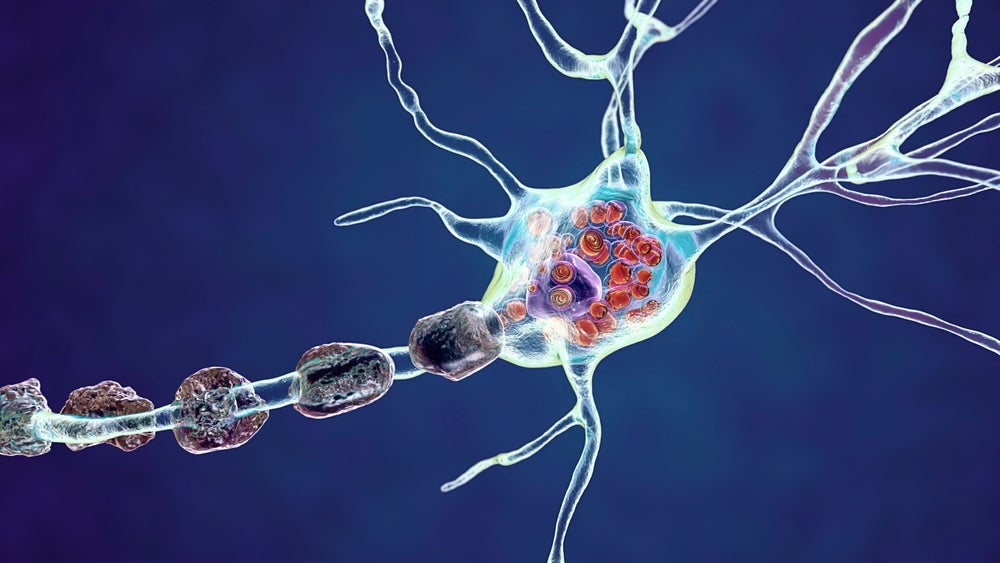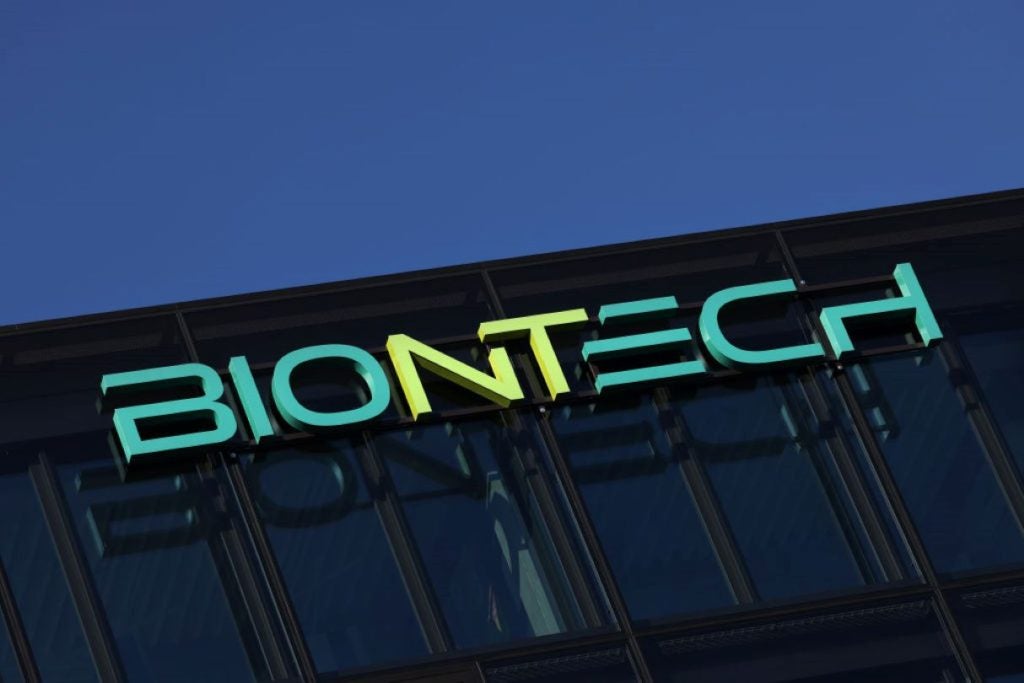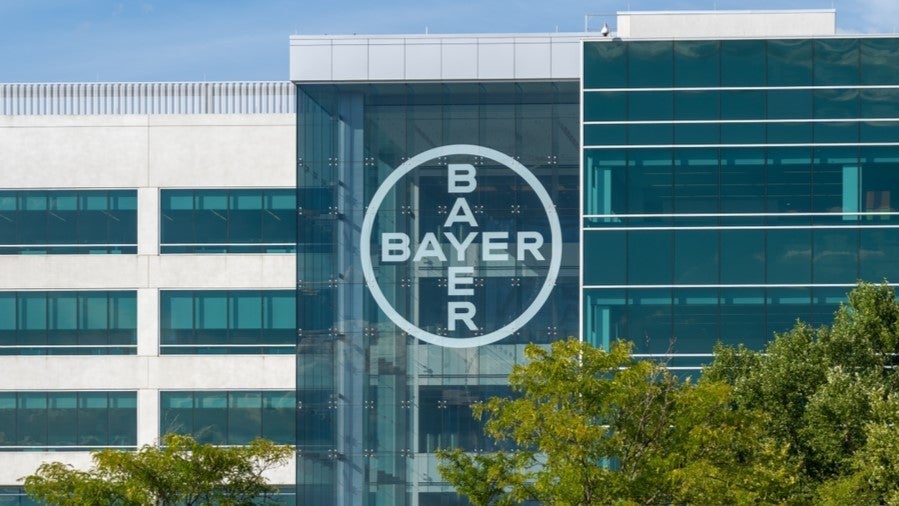Three years after an arimoclomol approval application was rejected, a US Food and Drug Administration (FDA) Genetic Metabolic Diseases Advisory Committee (GeMDAC) has voted in favour of approving Zevra Therapeutics’ drug for an ultra-rare neurodegenerative disease.
The panel’s recommendation made on 2 August, in which 11 out of 16 members voted yes to approval as a treatment of Niemann-Pick disease type C, will now be considered by the FDA. Whilst the agency is not mandated to follow the advisory committee’s decision, it historically does so.
Arimoclomol’s new drug application (NDA) has a Prescription Drug User Fee Act (PDUFA) action date of 21 September 2024, according to a 2 August press release by the US company.
If the FDA agrees with the panel and greenlights the drug, arimoclomol will be the first therapy approved for Niemann-Pick disease type C in the US. The disease is currently treated off-label with Zavesca (miglustat) and its generics. Zavesca is approved for the disease in the UK and Germany, however.
The Niemann-Pick disease type C drug market is forecast to reach sales of $220m in 2031 across the US, Germany, and the UK, according to an analysis by GlobalData.
GlobalData is the parent company of Pharmaceutical Technology.
The FDA previously shunned arimoclomol, handing a complete response letter (CRL) to the original owner Orphazyme in 2021. The agency was not convinced by the clinical results and requested additional data. Orphazyme subsequently sold the drug’s rights to KemPharma a year later, the latter rebranding to Zevra not long after.
As part of a reinforced NDA, Zevra included long-term data from a four-year open-label expansion study and expanded access programmes (NCT04316637), along with data from a pivotal trial (NCT02612129). According to a briefing document, results from the studies confirmed clinical evidence of efficacy, measured by a decrease in the five-domain NPC Clinical Severity Scale (NPCCSS) score compared to placebo.
Niemann-Pick disease type C is a progressive and neurodegenerative lysosomal storage disorder. It is caused by the body’s inability to transport cholesterol and other lipids within the cell, leading to their accumulation in tissues, including within the brain.
Mutations in the NPC1 or NPC2 genes, which are responsible for making lysosomal proteins, cause the disease. Patients with the condition often lose independence due to physical and cognitive limitations.
Arimoclomol works by inducing the heat shock response to target NPC protein misfolding. The oral drug has orphan drug, fast track, breakthrough therapy, and rare paediatric disease designations from the FDA.
Zevra’s CEO Neil McFarlane said: “Based on the totality of the clinical data, including data from the pivotal trial, the long-term data from the arimoclomol open-label extension study, and data from our expanded access programs, we remain confident in the clinical benefit offered by arimoclomol as a treatment for Niemann-Pick disease type C and are optimistic about its continued path to approval.”
















